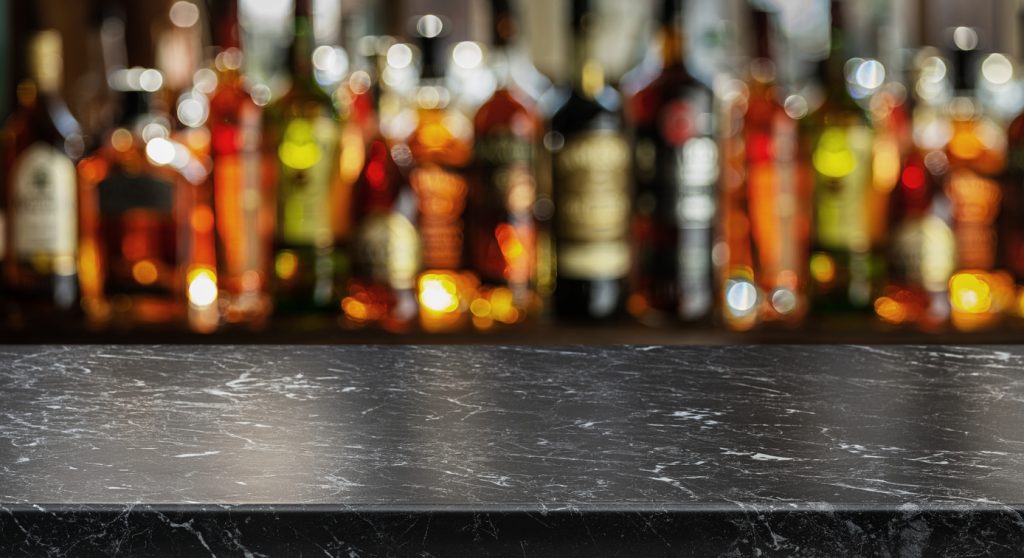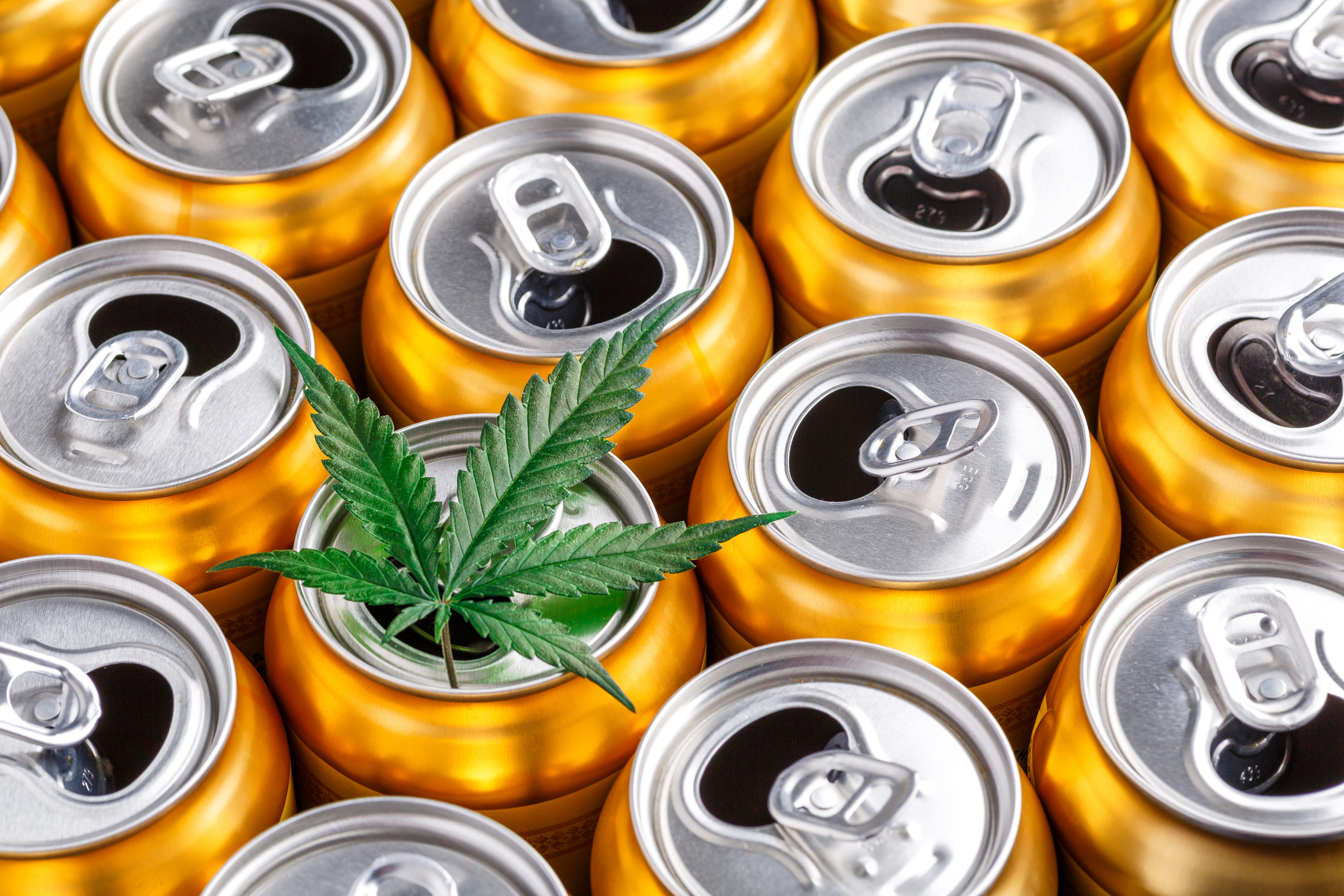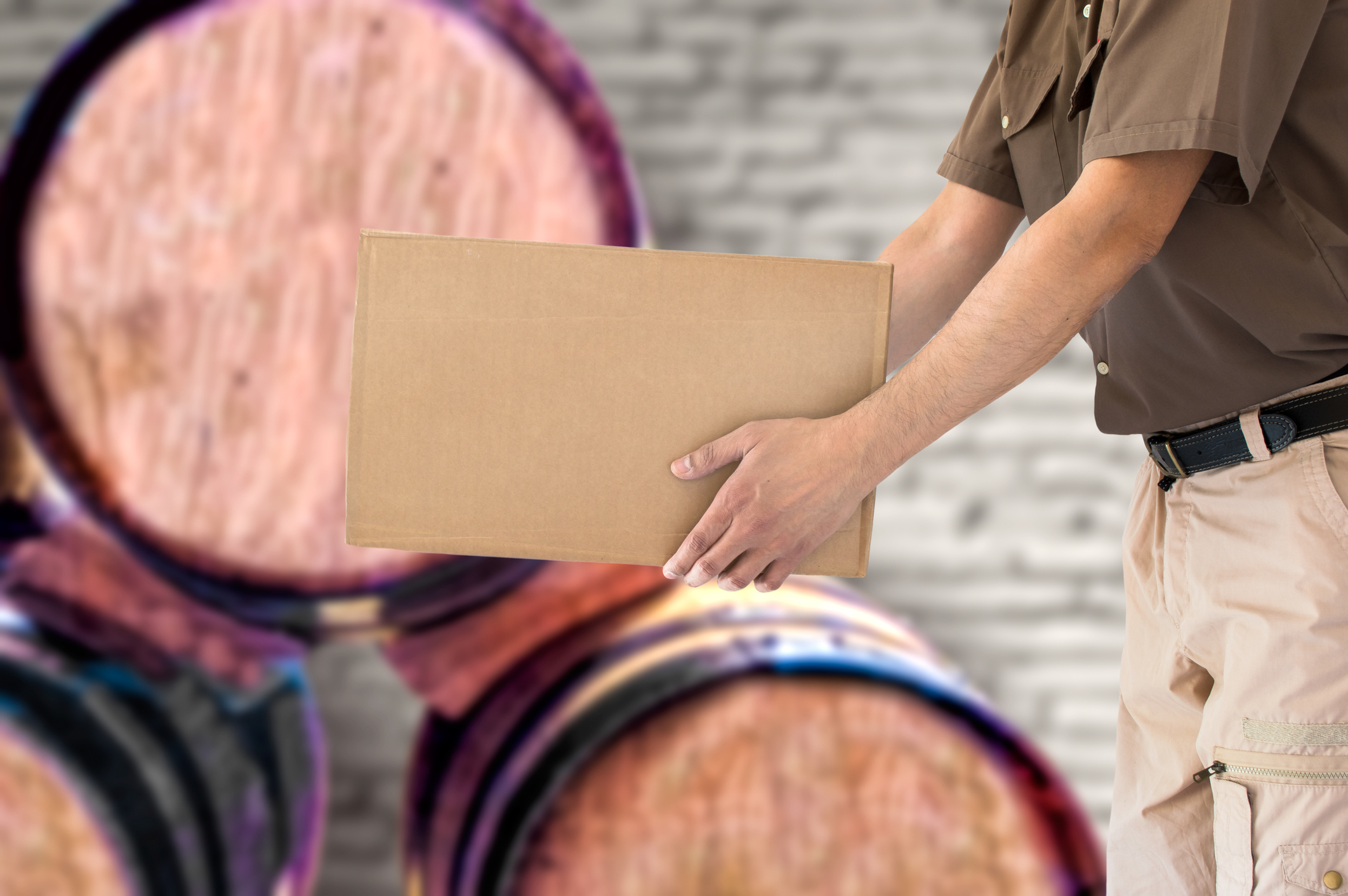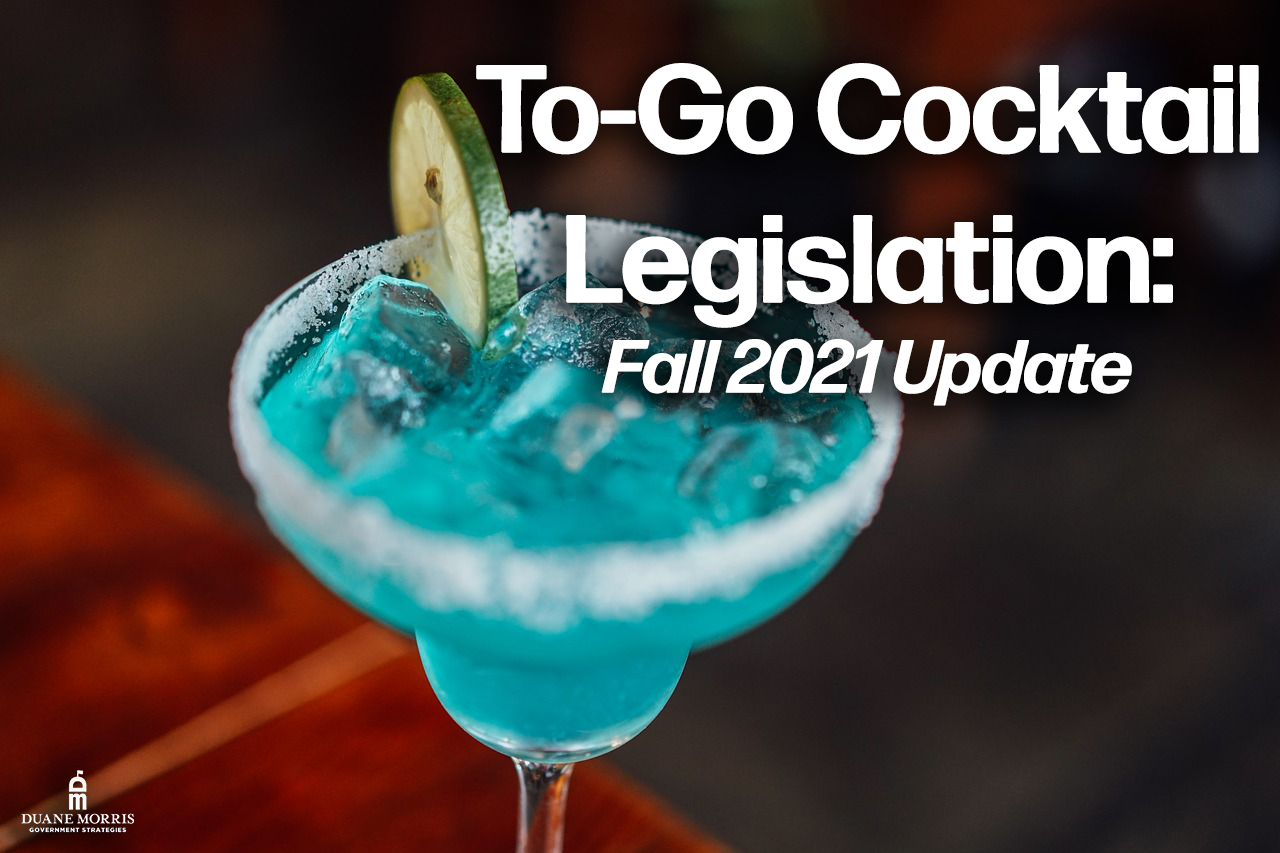
In 2020, the total sales of alcoholic beverages exceeded $222 billion in the United States alone. The industry has seen changes in recent years for a few reasons including challenges caused by the COVID-19 pandemic. Some states have looked to change their liquor laws including to adjust age requirements to alleviate staffing shortages, changing the legal definition of “beer,” and allowing earlier alcohol sales on Sundays.
Michigan
Michigan’s state government is searching for ways to help combat staff shortage challenges the service industry faces following the COVID-19 pandemic. In early June, the Michigan Legislature passed HB 4232, sending it to Governor Gretchen Whitmer’s desk, who is expected to approve the legislation. Primarily, the bill would lower the minimum age to serve alcohol at restaurants and bars from 18 years old to 17 years old, potentially opening up a new avenue for employers.
The Senate also passed Senate Bill 0656, which would allow hotels, resorts, and water parks with liquor licenses to open swim-up bars. Additionally, the legislation would allow some bars and restaurants to install self-dispensing machines, such as beer walls, for customers to serve themselves.
New York
In New York, the State Senate passed the “Boozy Brunch Bill” in late May 2022, allowing wine and liquor stores to open at 10:00 AM, two hours earlier. The bill is an update from 2016 when then-Governor Andrew Cuomo signed the “Brunch Bill,” which allowed restaurants to serve alcohol at 10:00 AM. The State Senate passed the bill 61–0, with bipartisan cosponsors.
Pennsylvania
In Pennsylvania, alcohol laws have long been a subject of discussion. In January 2022, lawmakers introduced HB 2272, a proposed constitutional amendment prohibiting the Commonwealth from manufacturing or selling alcohol, effectively privatizing Pennsylvania’s liquor system. Previous proposals in past legislative session to privatize the system have failed.
In early June, the proposal passed the House Liquor control committee by a party-line 14–10 vote. The vote was preceded by a long debate, with questions arising on the proposal’s impact on tax revenue from state stores and the 2,500 employees that keep the stores running. The sponsor of the bill cited a Franklin & Marshall poll finding that 52% of voters, including 65% of Republicans and 55% of Independents, favored privatizing the state’s liquor system.
The legislation now moves to the State Senate. However, even if it passes, it could be some time before Pennsylvania sees the measure take effect. Because the bill was introduced as a constitutional amendment, it must pass both chambers in two consecutive legislative sessions before it goes to the voters for a yes-or-no referendum vote. After that, the amendment calls for the Commonwealth to divest itself from the industry within 18 months.
Utah
In March 2022, Utah Governor Spencer Cox signed SB 176, revising some of the state’s liquor laws, which went into effect on June 1, 2022. Now, Utahns may have a difficult time finding their favorite seltzer. The changes adjusted the state’s legal definition of beer to include hard seltzers due to their popularity and to allow for sale in grocery and convenience stores. However, the statutory text excludes drinks with ethyl alcohol, commonly used as a food and drink additive. Some flavorings used in hard seltzers include ethyl alcohol exceeding the legal threshold of 5% alcohol by volume used to qualify beer.
The state is not requiring vendors to pull their products immediately, however. They are asking vendors not to purchase any more stock and sell through what they have. Suppliers of the flavors that exceed the allowed amount of alcohol must apply to the Department of Alcoholic Beverage Services (recently renamed from the Department of Alcoholic Beverage Control) to be sold in the state-run stores. According to the Utah Beer Wholesales Association, just over half of the 106 hard seltzer products fit the legal definition change for beer.
Vermont
In Vermont, Republican Governor Phil Scott signed H-0730, which lowers the tax on increasingly popular ready-to-drink cocktails. According to the Distilled Spirits Council of the United States, the new law will cut the tax on pre-made cocktails from $7.68 per gallon to $1.10 per gallon. The group points out that this legislation will allow ready-to-drink cocktails to be served in more than 1,000 retail outlets, up from 81 state-operated stores.
Latest News
Photo credit: iStock.com/IURII BUKHTA THC-infused beverages are gaining traction across the country as an alternative to traditional cannabis products. While the 2018 Farm Bill legalized hemp-derived Delta-9 THC products containing less than 0.3% THC, regulations [...]
Photo credit: iStock.com/Panuwat Sikham Numerous U.S. states are considering legislation to legalize and expand access to home alcohol delivery, including Kansas, Missouri, Mississippi, and Washington. Proposed measures vary from authorizing home delivery by licensed retailers [...]
Digital collage by Ryan Stevens; image source by Pexels from Pixabay It is no secret that the COVID-19 pandemic has harmed the operations of restaurants and bars across the country. During the pandemic, many states have looked [...]





Stay In Touch